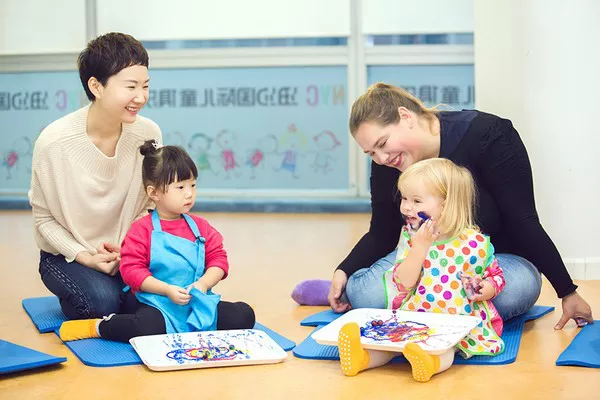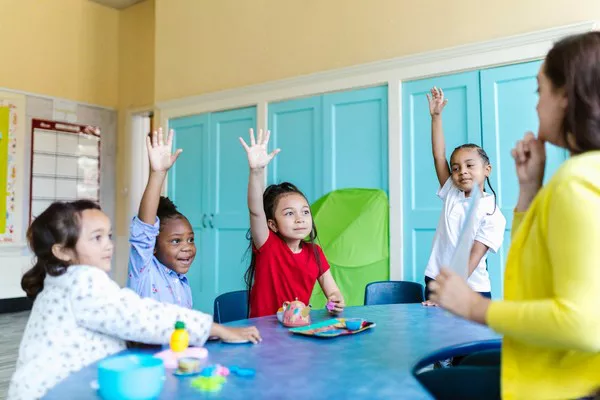Friendship, a fundamental aspect of the human experience, plays a pivotal role in shaping our social and emotional well-being. It is a dynamic and multifaceted relationship that evolves over time, offering companionship, support, and shared experiences.
Defining Friendship
Friendship as a Dynamic Bond
Friendship is a dynamic and reciprocal bond that goes beyond mere acquaintanceship. It involves a mutual connection between individuals who share common interests, values, or experiences. Unlike familial or romantic relationships, friendships are often chosen relationships, built on shared affinities and a sense of camaraderie. This voluntary aspect contributes to the uniqueness and flexibility of friendships.
The Spectrum of Friendships
Friendships exist on a spectrum, ranging from casual acquaintances to intimate, lifelong companionships. Each friendship brings its own set of dynamics and expectations, shaped by factors such as duration, proximity, and shared interests. Understanding the diversity within the spectrum of friendships is crucial for navigating the various roles that different friends may play in our lives.
Expectations in Friendship
Reciprocity and Mutual Support
A foundational aspect of friendship is the principle of reciprocity. In healthy friendships, there is a mutual exchange of support, care, and understanding. Both parties contribute to the relationship’s well-being, sharing the joys and burdens of life. The expectation of mutual support forms the bedrock of enduring friendships, creating a space where individuals feel valued and understood.
Shared Experiences and Memories
Friendship often involves the creation of shared experiences and memories. Whether it’s traveling together, celebrating milestones, or navigating challenges, the richness of friendship lies in the moments and stories created together. Expectations of shared experiences contribute to the depth of the connection, fostering a sense of shared history and understanding between friends.
Open Communication and Authenticity
Authenticity and open communication are key expectations in friendships. Friends provide a safe space for expressing thoughts, emotions, and vulnerabilities without fear of judgment. The expectation of authenticity fosters a sense of trust and deepens the emotional intimacy within the friendship. Being able to communicate openly contributes to the resilience of the bond during both joyful and challenging times.
Respect for Individual Boundaries
While friendships thrive on connection, it is equally important to respect individual boundaries. Friends may have different comfort levels, personal space needs, and preferences. Expecting and honoring these individual boundaries is essential for maintaining a healthy and respectful friendship. Recognizing and understanding the unique qualities of each friend contributes to the overall harmony of the relationship.
Friendship Dynamics Over Time
Evolving Friendships in Different Life Stages
Friendships undergo natural evolution over time, influenced by life stages, circumstances, and personal growth. The expectations in a friendship formed during adolescence may differ from those in adulthood or later life. Understanding and adapting to the evolving dynamics of friendships contribute to their longevity and resilience, allowing individuals to navigate life’s changes together.
Navigating Changes and Transitions
Friendship dynamics are influenced by life changes, such as relocation, career shifts, or family responsibilities. Expecting and navigating these changes with flexibility and understanding is crucial for sustaining the connection. Friends who can adapt to each other’s evolving circumstances and provide support during transitions contribute to the enduring nature of the friendship.
Balancing Reciprocity and Individual Growth
As individuals grow and evolve, their needs, priorities, and lifestyles may change. Navigating the balance between the reciprocity expected in a friendship and allowing for individual growth is essential. Healthy friendships recognize and celebrate the individual journeys of each friend while maintaining a foundation of support and connection.
Challenges in Friendships
Navigating Conflicts and Misunderstandings
Friendships are not immune to challenges, conflicts, or misunderstandings. Expecting occasional disagreements is realistic, but it is crucial to navigate these challenges with open communication and a willingness to understand each other’s perspectives. Friendships that withstand conflicts often emerge stronger, deepening the bond between individuals.
Addressing Changing Priorities
Life’s demands and changing priorities can impact the time and energy individuals allocate to friendships. Expecting and understanding that friends may have varying levels of availability due to work, family, or personal commitments is essential. It requires flexibility and a mutual acknowledgment of each other’s responsibilities.
Managing Expectations and Boundaries
Unrealistic expectations can strain friendships. It is important to manage expectations realistically, recognizing that friends cannot fulfill every need or expectation. Establishing clear and healthy boundaries contributes to the longevity of friendships, ensuring that each individual’s autonomy and well-being are respected.
Fostering Positive Friendships
Cultivating Empathy and Understanding
Empathy, the ability to understand and share the feelings of another, is a cornerstone of positive friendships. Cultivating empathy involves actively listening, validating each other’s experiences, and demonstrating understanding during both joyful and challenging moments. Friends who prioritize empathy contribute to an emotionally nurturing and supportive friendship.
Celebrating Individual Achievements
In positive friendships, individuals celebrate each other’s achievements and milestones. Expecting genuine joy and support from friends during accomplishments creates a culture of encouragement and positivity. Friends who take pride in each other’s successes contribute to a supportive and uplifting friendship environment.
Encouraging Personal Development
Healthy friendships foster an environment where personal development and growth are encouraged. Expecting and supporting each other’s pursuit of goals, passions, and self-improvement contributes to the overall fulfillment and well-being of individuals within the friendship. Friends who inspire and uplift each other create a positive and empowering dynamic.
Fostering a Sense of Fun and Playfulness
Friendships are not only about shared challenges but also about joy and playfulness. Expecting and fostering a sense of fun, laughter, and lightheartedness contributes to the overall positive atmosphere of the friendship. Friends who find joy in each other’s company create a space where laughter and play are cherished.
Conclusion
Friendship is a dynamic and multifaceted relationship that brings joy, support, and connection to our lives. By understanding and articulating the expectations within friendships, individuals can navigate the complexities of these relationships with greater ease. Expecting reciprocity, shared experiences, open communication, and respect for boundaries sets the stage for healthy and fulfilling friendships. Nurturing positive dynamics, navigating challenges with resilience, and celebrating each other’s individuality contribute to the longevity and depth of meaningful friendships. In the tapestry of human connection, friendships weave threads of understanding, support, and shared moments that enrich the fabric of our lives.
Related topics:
























